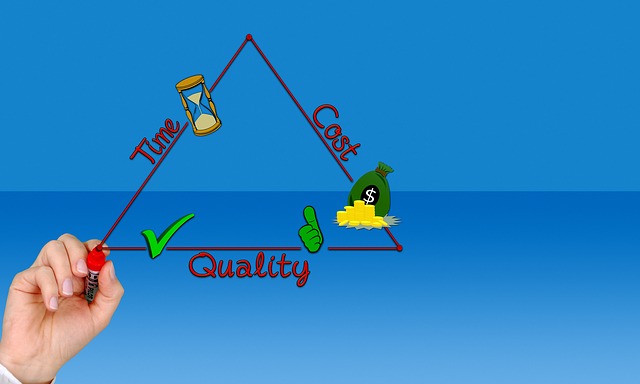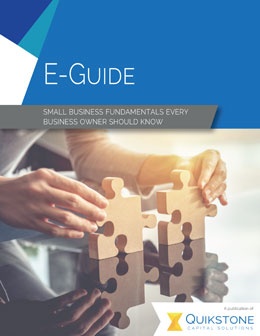 Having a well thought out business plan that includes a detailed budget is essential for the longevity of a small business. Knowing where every dollar is coming from and going to will help you make better decisions regarding the direction of your business. Many small businesses operate at a loss without knowing it until it’s too late. Here we outline seven questions to address when determining your yearly budget.
Having a well thought out business plan that includes a detailed budget is essential for the longevity of a small business. Knowing where every dollar is coming from and going to will help you make better decisions regarding the direction of your business. Many small businesses operate at a loss without knowing it until it’s too late. Here we outline seven questions to address when determining your yearly budget.
What Are The Industry Standards?
The idea here is to get a baseline for industry averages regarding cost and profit structure. What types of margins are expected in your particular industry? Where do similar companies make up for one-time or emergency expenses? What are the typical profit margins for your products or services? Answering each of these will help guide you when determining your budget and even your pricing structure.
How Are You Organizing Your Budget?
Staying on budget and being able to analyze your numbers requires organization. Creating a spreadsheet to house your information will allow you to track your current profits and expenditures and compare them with previous months, quarters and years. It will also help you to more easily identify areas of opportunity. Accounting software can also be useful in this respect as it will keep all of your financial reports in one central location.
What Is Your Monthly Income?
Quite simply, how much money are you taking in on a monthly basis? You should calculate both your gross and net income. Are you making enough to maintain your business while also pulling in a reasonable wage for yourself? This is going to help you determine the number of new customers you need to bring in and your pricing structure. Your monthly income should be readily available through your profit and loss statement; however, you will also want to add any other sources of income you bring in.
What Are Your Fixed Costs?
This is a measure of your recurring costs associated with maintaining your small business. This includes inventory, rent, utilities, maintenance and staffing. Comparing this number to industry standards will allow you to determine where you are spending too much. It is possible you may need to seek out new vendors, decrease your staff or find a more affordable location. If your fixed costs outweigh your monthly income, it is time to reevaluate your business plan.
What Are Your Variable Costs?
This number is the measure of one-time costs as well as the costs that tend to fluctuate over the course of a year. This may include the cost of replacing old equipment, renovating your establishment, hosting an event, a special inventory purchase or attending a trade show. A budget should be established for each of these along with an emergency fund in the case of unforeseen expenses.
How Can You Cut Costs?
There are a variety of ways a small business owner can save money. It is important to determine where you can do so without doing damage to your business. This may include negotiating better contracts with your vendors, purchasing energy efficient equipment or lighting, replacing outdated machinery or consolidating job roles. The aim here is to operate efficiently without causing disruption to your daily operations.
How Often Do You Revise Your Budget?
Your budget should be evaluated on an ongoing basis. Operational costs can be fluid and your budgetary strategy should reflect that. Meeting with your managerial staff and accounting team on a regular basis will help you to identify areas of improvement and whether or not you need to seek additional funding. For items such as renovations, equipment upgrades, marketing campaigns or simply the need to make up for a poor quarter may make it necessary to seek outside funding.
Click Below For More Financial Fundamentals Every Business Owner Should Know





